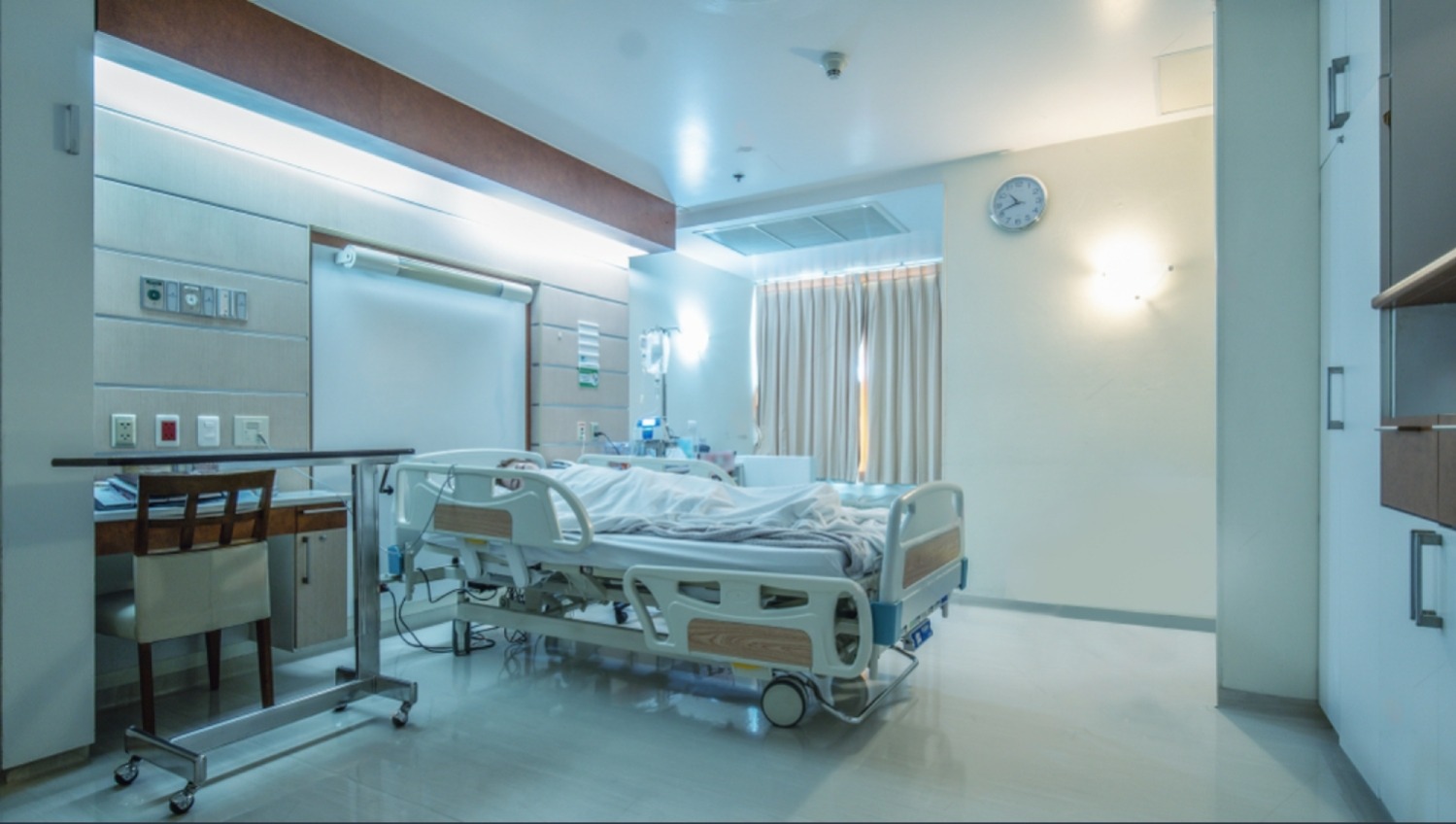Inpatient Department (I.P.D.)

Inpatient Department (I.P.D.)
The Inpatient Department (I.P.D.) plays a crucial role in healthcare, providing patients with the necessary care and attention they need during hospital stays. Whether you are undergoing surgery, treatment for a chronic illness, or recovering from a serious health condition, the I.P.D. ensures you receive the best medical care in a safe, supportive environment.
The Inpatient Department (I.P.D.) of a hospital is a critical area dedicated to providing continuous care and monitoring for patients who need to stay overnight or for an extended period. Whether recovering from surgery, managing chronic illnesses, or receiving specialized treatment, the I.P.D. ensures patients are well cared for in a safe and supportive environment.
What is the Inpatient Department (I.P.D.)?
The Inpatient Department (I.P.D.) of a hospital is designed to provide care for patients who need to stay overnight or for an extended period due to illness, surgery, or medical procedures that require continuous monitoring and treatment. The I.P.D. is equipped with specialized medical staff, equipment, and facilities to ensure patients receive high-quality care during their hospitalization.
Inpatient care typically includes services such as:
- 24/7 medical supervision and monitoring
- Post-surgery recovery
- Management of chronic conditions
- Emergency care and intensive treatment
- Specialized medical treatments
When is Inpatient Care Required?
Inpatient care is necessary for patients who require more intensive medical attention than can be provided in an outpatient setting. Common reasons for admission to the I.P.D. include:
- Major Surgery: After surgeries such as organ transplants, joint replacements, or cardiac procedures, patients need to stay in the I.P.D. for recovery and monitoring.
- Severe Illness or Injury: Patients with serious medical conditions like heart attacks, strokes, or severe infections may require continuous care in the I.P.D.
- Chronic Condition Management: Patients with chronic diseases like diabetes, kidney disease, or cancer often need inpatient care for specialized treatments and ongoing health monitoring.
- Complicated Pregnancies and Childbirth: Women experiencing high-risk pregnancies or requiring special care during labor and delivery are admitted to the I.P.D.
Key Services Provided by the Inpatient Department (I.P.D.)
- Medical Supervision and Nursing Care: The I.P.D. provides around-the-clock supervision from doctors, nurses, and specialists who monitor patients’ health, manage medications, and assist with recovery.
- Post-Operative Care: Following surgeries, the I.P.D. ensures patients receive post-surgery care, including wound management, pain control, and physiotherapy.
- Diagnostic Services: Hospitals with an I.P.D. often have diagnostic services available onsite, such as laboratory testing, X-rays, and imaging, to support diagnosis and treatment plans.
- Specialized Treatments: From chemotherapy to dialysis, the I.P.D. provides specialized treatments tailored to the needs of the patient, including management of complex conditions.
- Patient Rehabilitation: Physical therapy, occupational therapy, and other forms of rehabilitation are often provided to help patients regain strength, mobility, and independence.
Benefits of Inpatient Care
Choosing inpatient care offers several key advantages, including:
- Comprehensive Care: Patients benefit from a team of healthcare professionals, ensuring that every aspect of their care is addressed.
- 24/7 Support: Medical staff is available around the clock to monitor vital signs, administer medications, and address any changes in the patient’s condition.
- Recovery and Monitoring: The I.P.D. offers a controlled environment for recovery, where medical complications can be quickly addressed.
- Peace of Mind: Being in the I.P.D. gives patients and their families peace of mind, knowing that all aspects of their medical care are being closely managed.
What to Expect During Your Stay in the Inpatient Department (I.P.D.)
When admitted to the I.P.D., here’s what you can expect:
- Initial Assessment: Upon admission, you will undergo a thorough medical evaluation, where your medical history, current condition, and treatment plan will be reviewed by your doctor and nursing staff.
- Room Setup: You’ll be assigned a private or shared room, equipped with the necessary amenities and healthcare equipment to monitor your condition and assist with your recovery.
- Medical Care and Treatment: You will receive treatment as prescribed by your medical team, including medications, tests, and therapies. You’ll be regularly visited by doctors, nurses, and specialists who monitor your recovery progress.
- Family and Visitor Policies: Most hospitals have specific guidelines regarding family visits and visitor hours. Your loved ones may be able to visit during certain hours, providing comfort during your stay.
- Discharge Planning: Before leaving the I.P.D., your medical team will discuss your discharge plan, which may include follow-up appointments, at-home care instructions, or continued rehabilitation services.
Choosing the Right Inpatient Department for Your Care
When selecting a hospital or healthcare facility, it’s important to choose one with an Inpatient Department (I.P.D.) that meets your specific needs. Look for the following:
- Accreditation and Quality Care: Choose a hospital with accreditation from reputable medical organizations to ensure high standards of care.
- Specialized Services: Depending on your condition, you may require specialized care. Ensure the hospital offers the services needed for your treatment.
- Expert Medical Staff: Ensure the hospital has experienced doctors, nurses, and specialists who can provide comprehensive care for your condition.
- Patient-Centered Environment: The hospital should focus on patient comfort and provide a supportive environment for both patients and their families.
